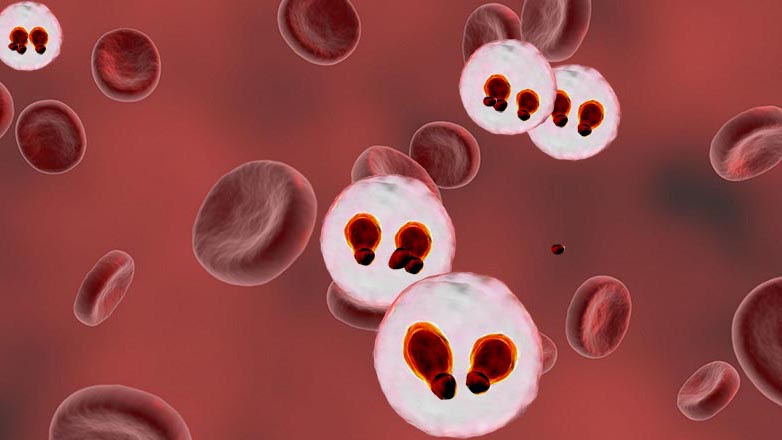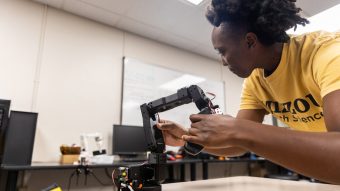Dec. 10, 2020
University of Missouri engineers are part of a global team developing a smarter way to combat malaria — a leading cause of death in the world.
Currently, diagnosing malaria involves manually counting parasites in infected red blood cells in blood smear samples. The process is critical to determining the best treatment strategies for a patient. But it has significant limitations.
Because it requires manual labor, millions of blood smears wait too long to be diagnosed. The process is time consuming and costly. And because it’s manual, it’s not standardized and is subject to human error.
“According to the World Health Organization, a child dies every two minutes, because of malaria,” said Yasmin Kassim, who earned her PhD from Mizzou in May and is part of the research group. “Our automated algorithms assist microscopists in the field, and in primary care in resource-poor settings to have a better way to read blood smears and provide fast and reliable results.”
Kassim helped design the dual deep learning framework to accurately count cells in thin blood smears through advanced imaging. The team also developed a mobile software application that attaches to a microscope and uses the phone’s camera to capture blood smear images. The app is expected to provide a more reliable way to diagnose malaria and reduce diagnostic costs.




